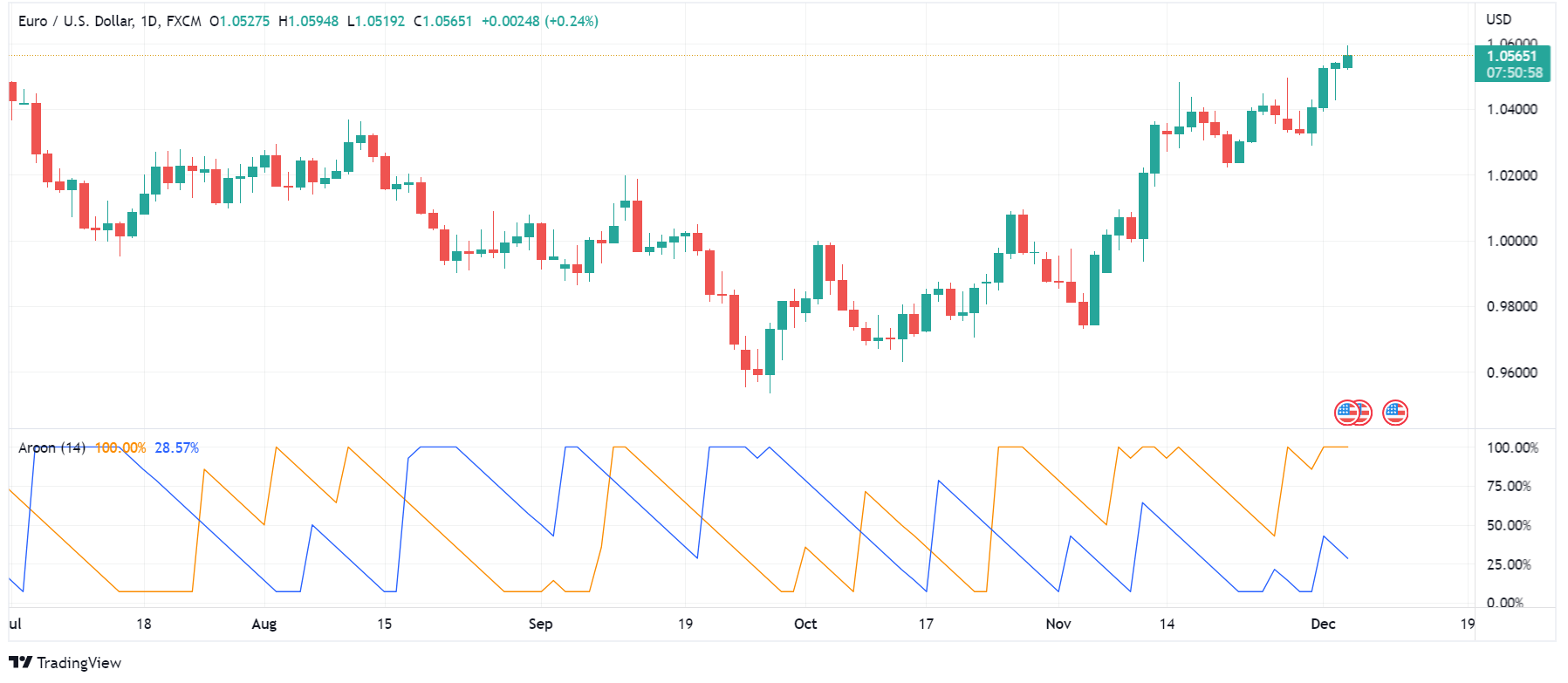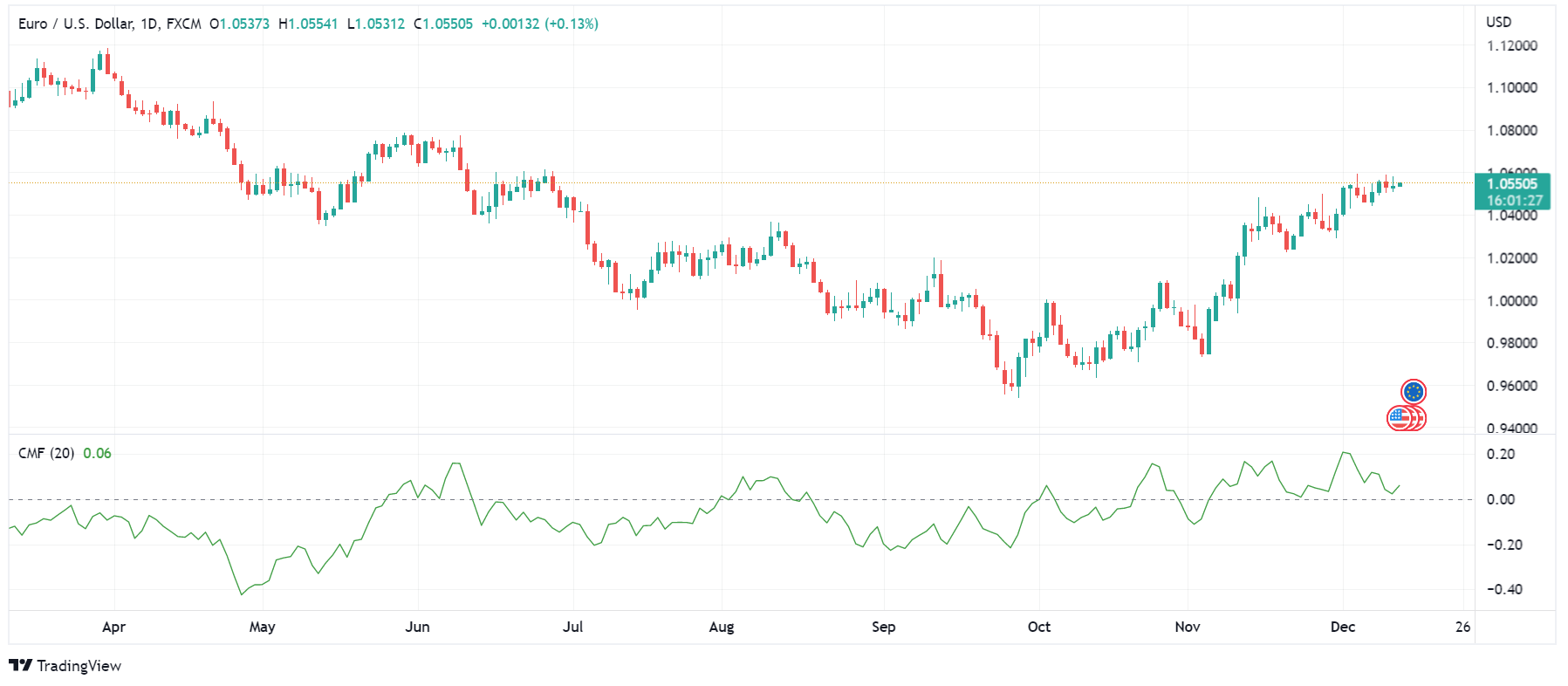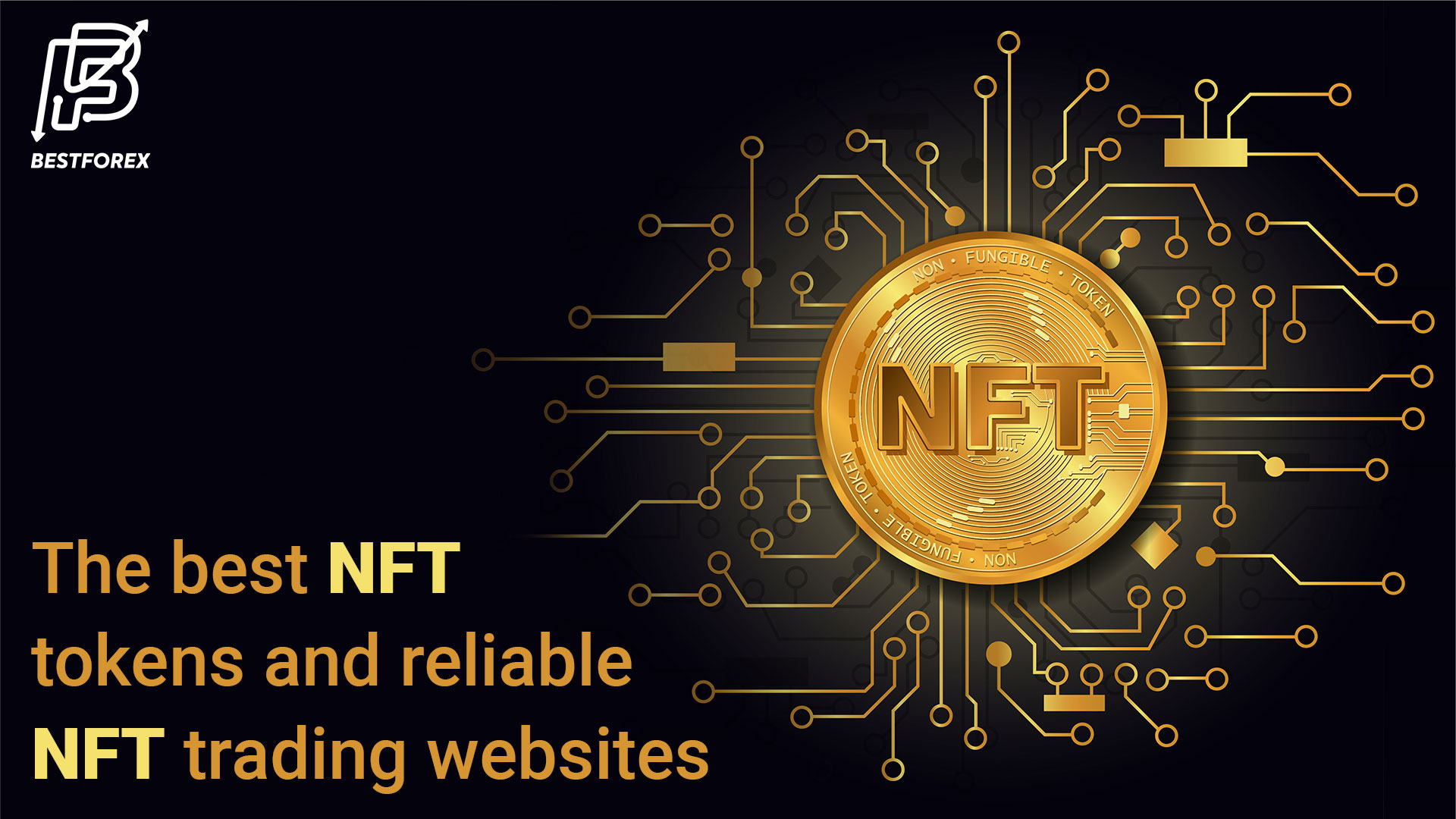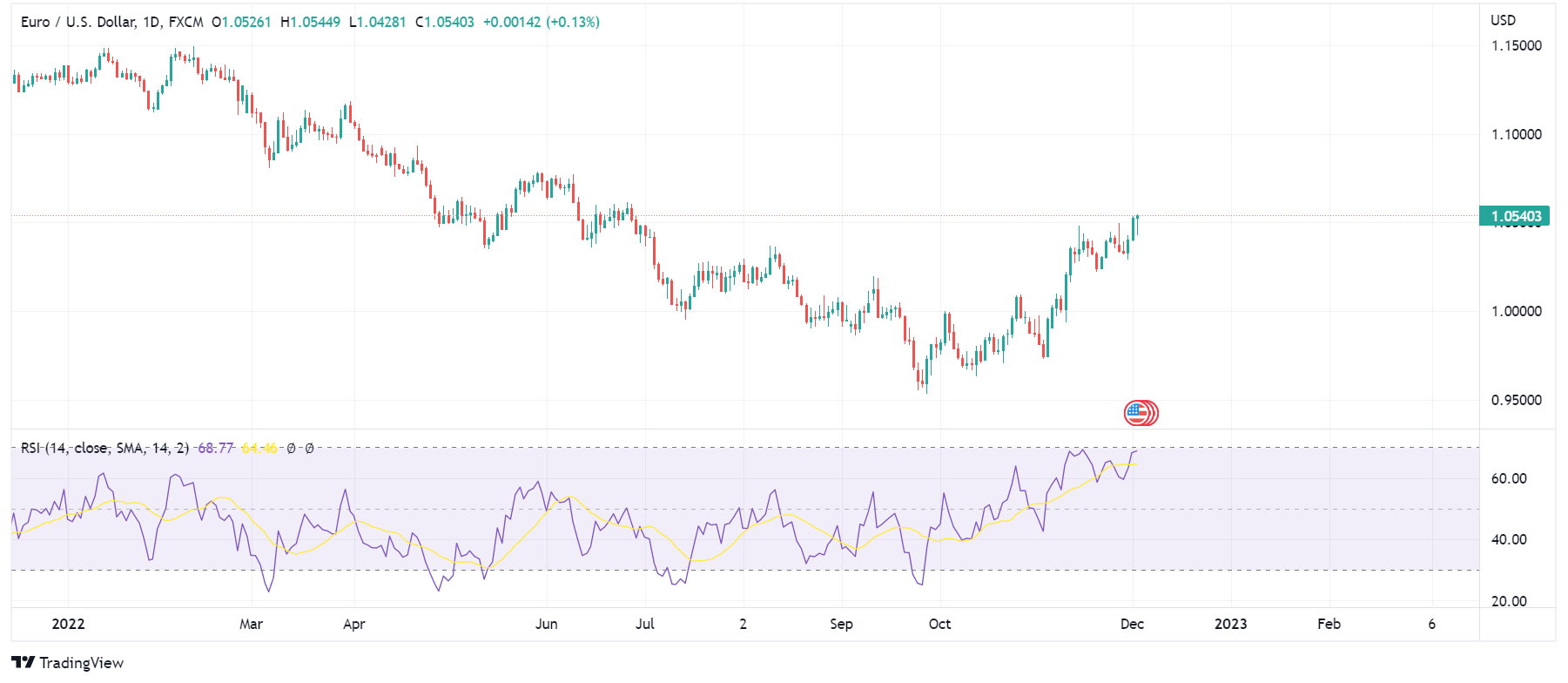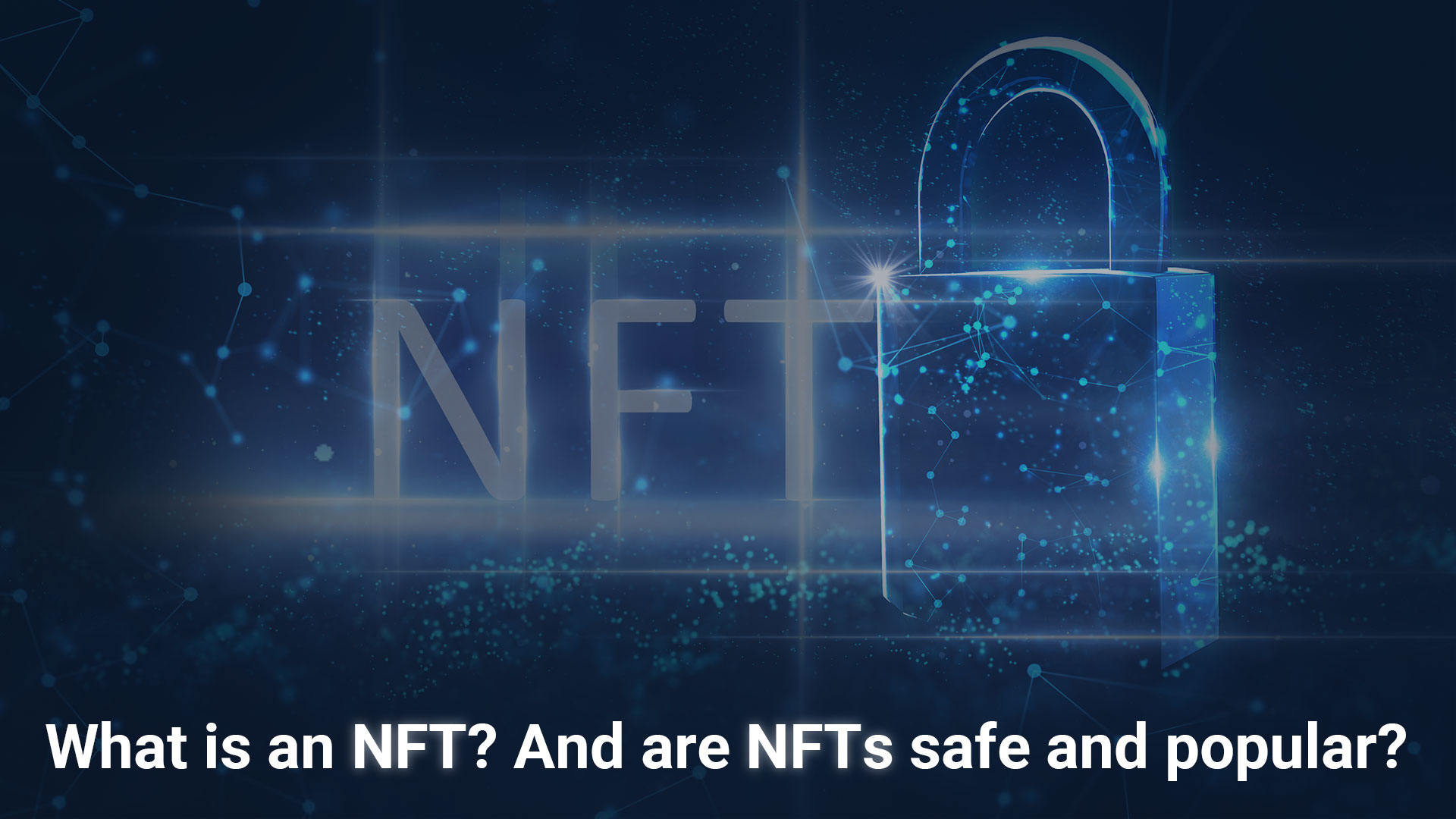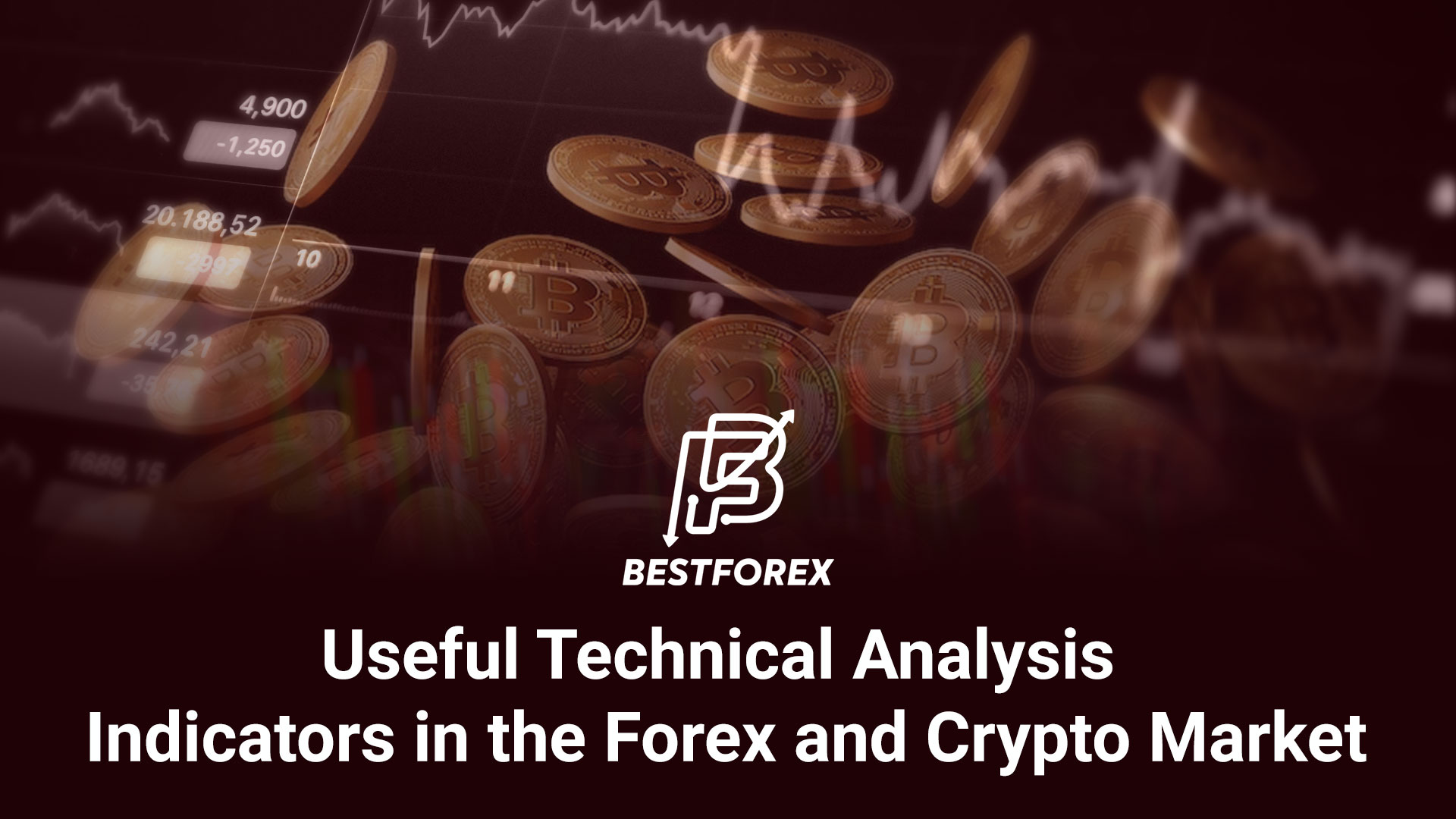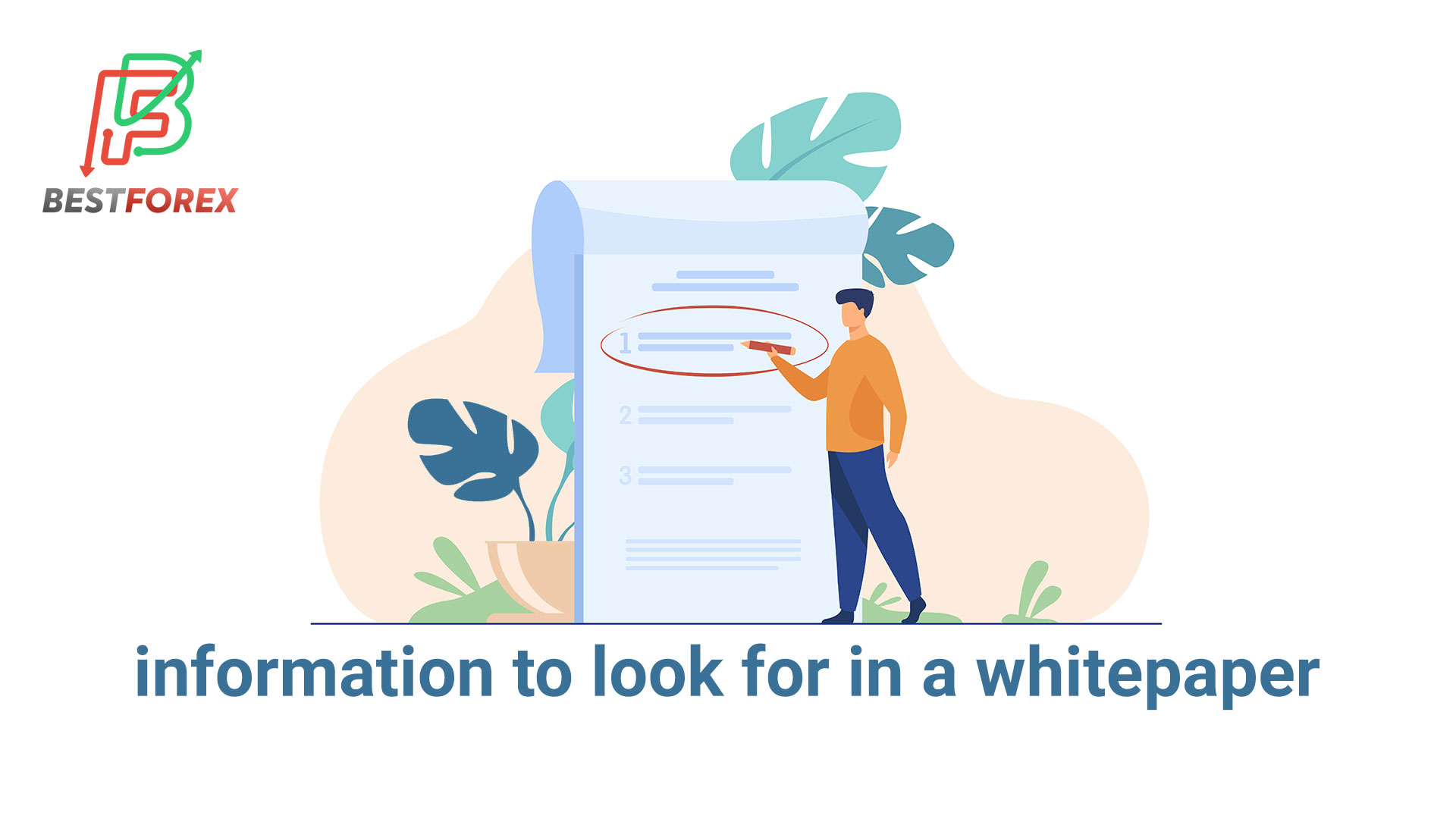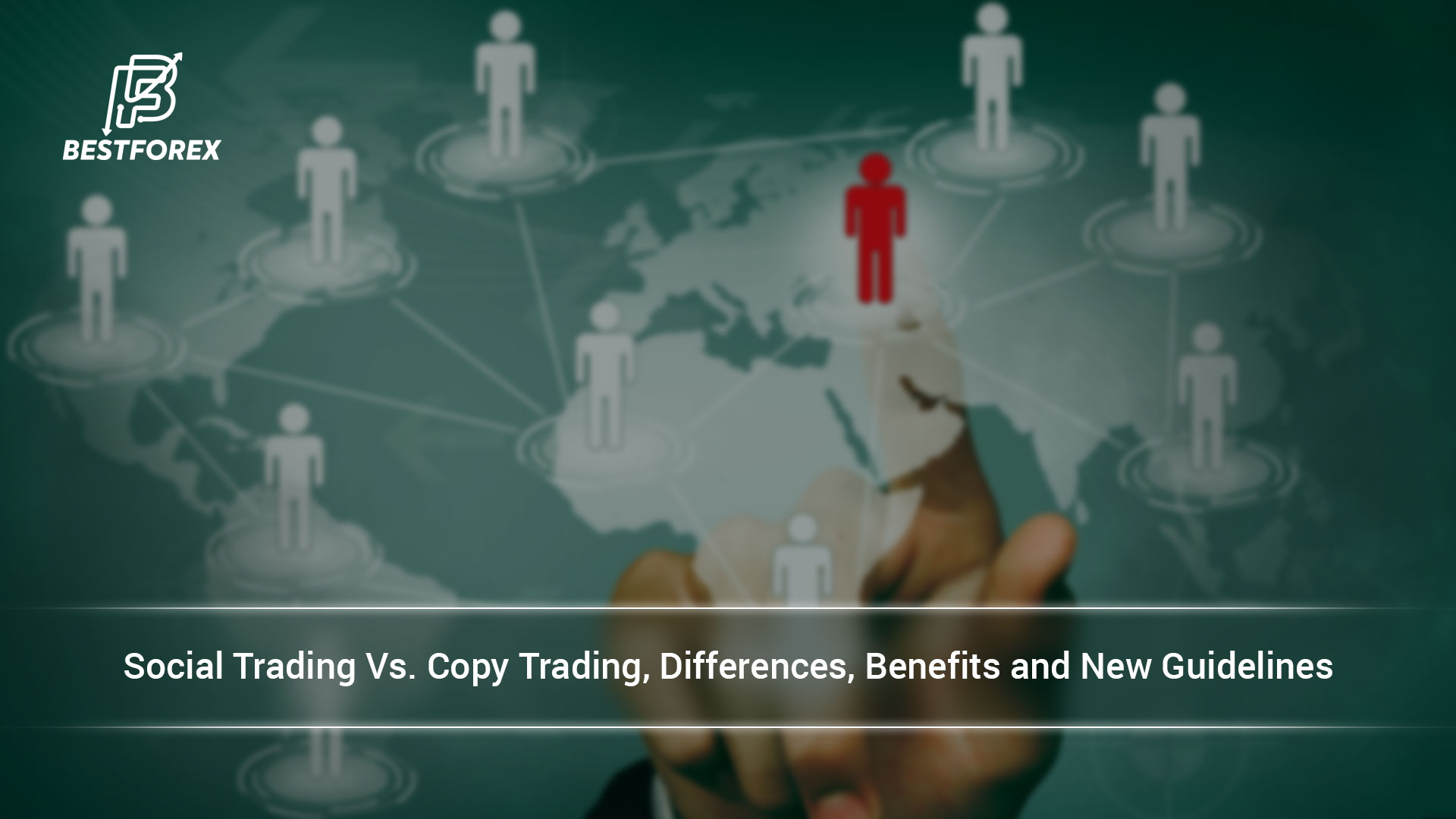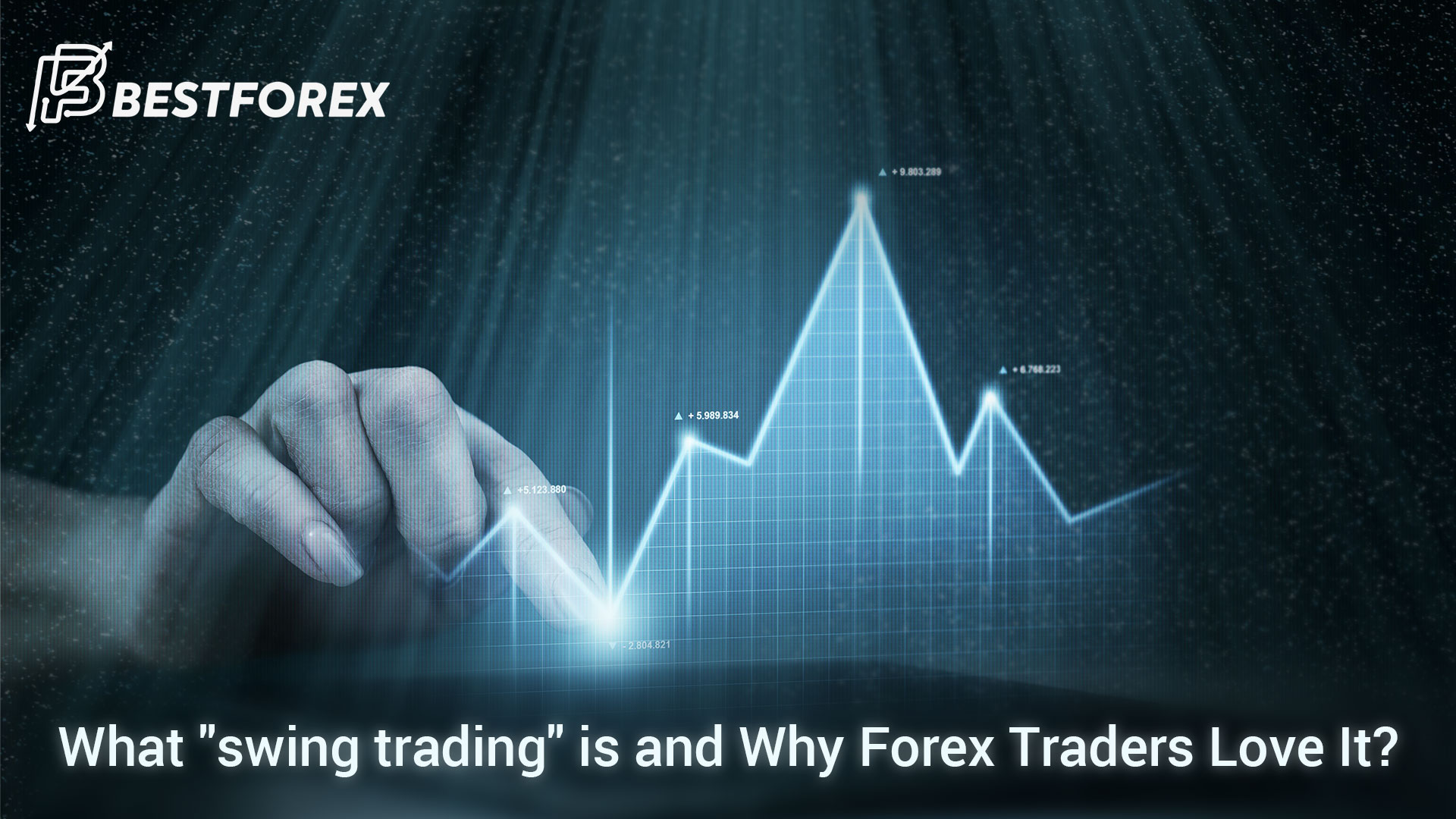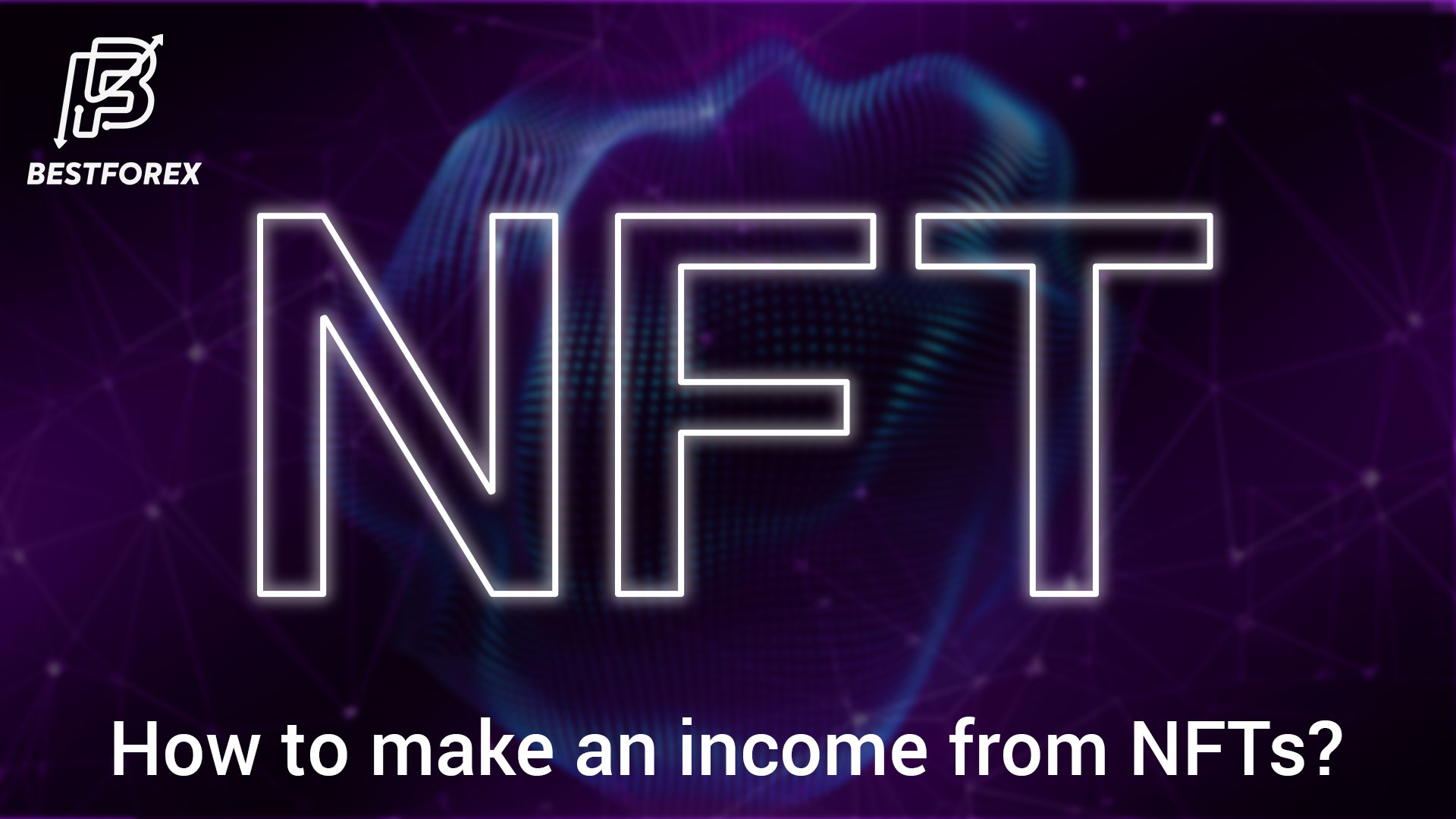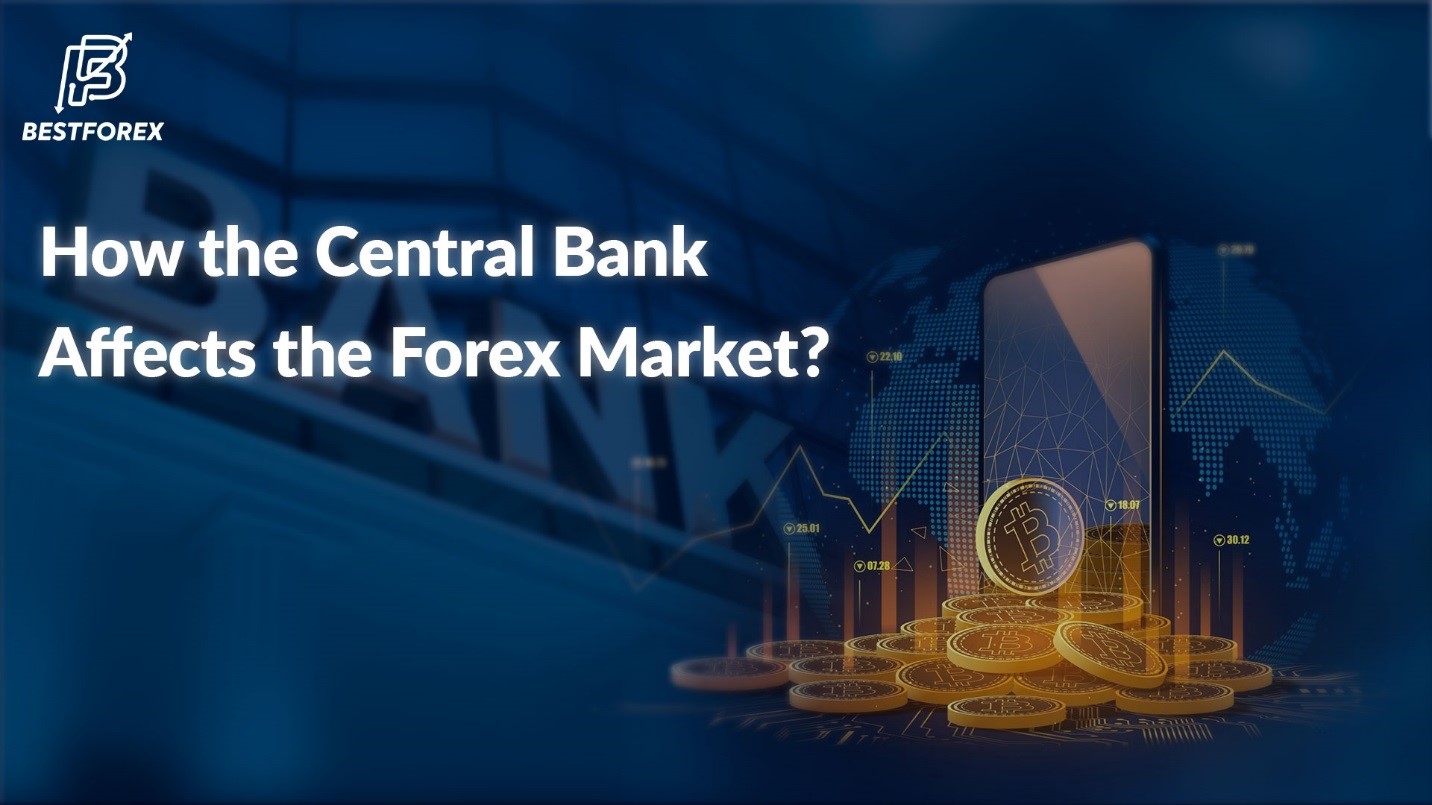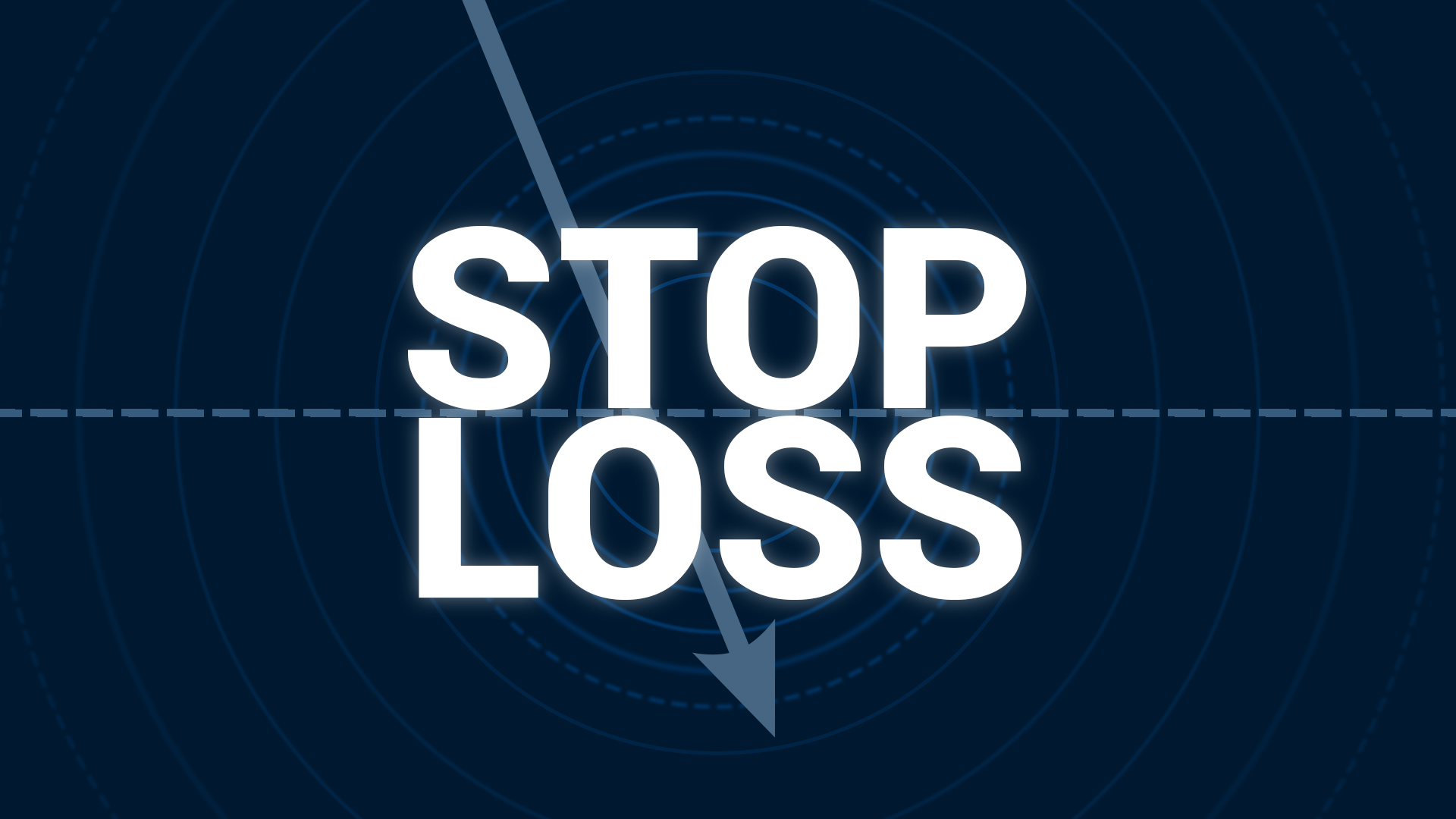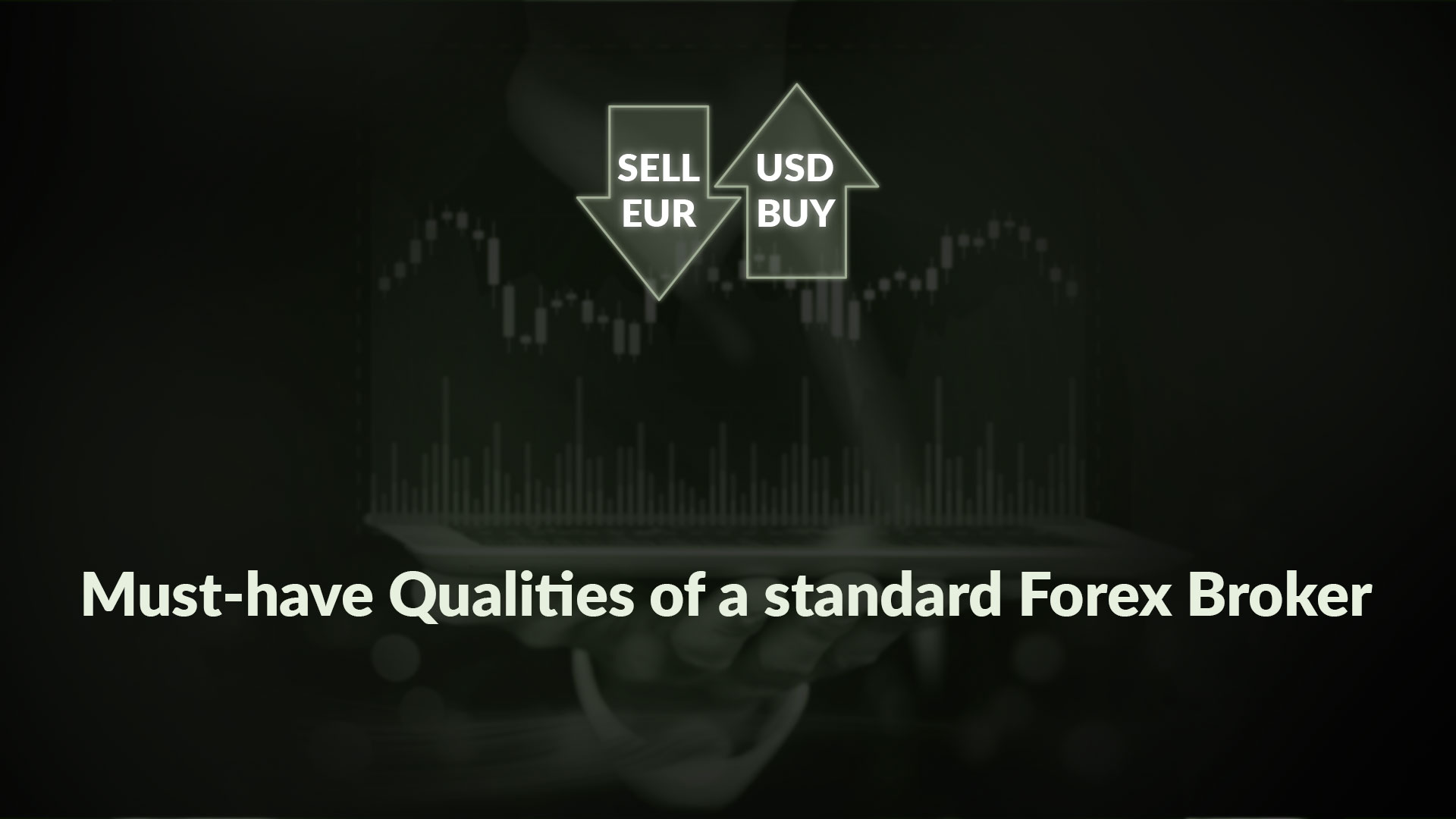
Introduction
The Foreign Exchange (also known as Forex and FX) market is a global marketplace where investors trade fiat currencies against each other. The Forex Market has the largest market cap compared to other financial markets. Therefore, the market volume is deep, and the liquidity is high. Thanks to the market’s relative stability and involved regulation, many investors are attracted to the Forex market. One of the essential steps prior to Forex investment is choosing a suitable Forex broker. This article briefly elaborates on the essential qualities of a standard Forex broker. So, if you are interested in investing in the market, make time to read this article.
- Introduction
- What is a Forex Broker?
- How does a Standard Forex Broker Work?
- What are the Qualities of a Standard Forex Broker?
- Regulation
- Trading Features
- Leverage:
- Margin Account
- Minimum deposit amounts:
- Payment methods
- Trading Fees
- Diversity of Currency Pairs
- Demo Account
- Trading Interface
- Customer Care
- History
- User Feedback
- Broker Reviews
- Educational Materials
- Final Words
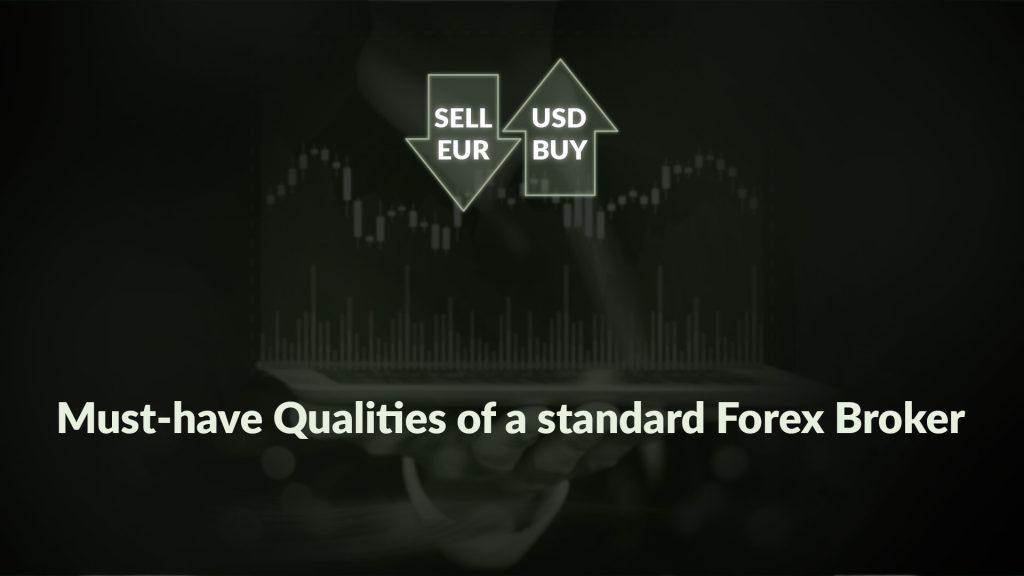
What is a Forex Broker?
The primary form of Forex trading dates back to five centuries ago. But Forex, as we know it today, formed after a historical meeting in Bretton (Bretton Woods Monetary Conference) in 1944. With the advent of technology and especially the Internet, traders could conveniently join the market without relying on banks. At this point, Forex brokers came into play. You may also have heard of retail Forex brokers or currency trading brokers, but they all refer to the same market. The Commodity Futures Trading Commission (CFTC) and the National Futures Association (NFA) regulate the Forex market. A Forex broker or brokerage is a company that provides financial services to Forex investors and traders. Each broker has an online trading platform which is available 24 hours during weekdays. Traders can use the platform to exchange currencies and benefit from the currencies’ price movements.
How does a Standard Forex Broker Work?
Brokerage is a medium through which traders can access the forex market. These days, you can quickly sign up on a broker and open an account online. After opening the account, you need to deposit funds into your account as collateral. Then, in the next stage, you can open the desired chart and start trading.
Alongside other assets like metals, commodities, futures etc., currency pairs have the highest share of transactions in the market. For example, when traders open a trade on the EUR/USD chart, they buy Euros with US dollars. Later when they close the trade, they purchase US dollars with Euros. The difference in the value of the currencies between the opening and closing points of the trade determines the traders’ profit or loss. If the exchange rate is higher, they make a profit; if it is lower, they lose their money.
How does a Broker Make Money?
The Ask and Bid price of currencies in the Forex broker platform is different. So, when a trader buys a currency, they buy it at the Ask price, and when they sell it, they sell it at the Bid price. The distance between Ask and Bid price is not fixed and reacts to the market’s trading volume. The gap between the Ask and Bid price is referred to as the spread. Forex brokers primarily supply their source of income from the spread. Some Forex brokers charge transaction fees in addition to the spread.
We should note that working with a Forex broker platform is not the challenging part of your experience as a trader. The hard part is developing a comprehensive trading strategy and your analytical skills both technically and fundamentally.
What are the Qualities of a Standard Forex Broker?
There are many active brokers that traders can choose from. Each broker might have some features that suit the trading strategies of specific traders. However, there are some main criteria that every broker must fulfil. We recommend traders avoid any broker that lacks the following factors:
Regulation
Since traders are dealing with national currencies in the Forex market, the broker must be licensed with the respective state’s certificate. Naturally, any unregistered brokerage might close down without any prior notice, and the users may lose their capital. Typically, the brokers mention their regulatory information at the bottom of their website or on the About Us page. Traders can check the broker’s regulatory details with the respective regulation institute to check the broker’s legality. Some platforms like Finra also monitor the brokers’ regulations and can be helpful in this regard. Traders should be wary not to be deceived by the website’s appearance. Aside from stealing the traders’ money, illegal brokers can violate the users’ privacy and misuse their identification data.
Trading Features
You may have the necessary skills to gain immense profits from the market, but due to the broker’s lack of trading features, you cannot get the most out of the market. So why not choose a broker that yields the highest productivity? The following are some of the capabilities that a broker must have:
Leverage:
Leverage refers to the money that the trader can borrow from the broker. Traders can use leverage to open trades that are larger than their deposit amount. Some brokers allow traders to leverage their position from 5 to 200 times. For example, when a trader opens a $10,000 position with a 5X leverage, their position can yield five times more profits than a position with no leverage.
Margin Account
Brokers can lend money to their users to buy and sell currencies. The margin account provides the collateral of the loan and traders must pay a periodic interest rate to hold their accounts. The margin account allows traders to hold on to their position for longer. Differently put, margin accounts help the trader’s position to endure more volatility. Using margin accounts means trading with leverage to gain higher profits. However, as tempting as it sounds, if the trader’s position does not go according to the plan and hit the Stop Loss point, the trader undergoes an enormous loss. Leverages can boost your account balance or knock it down completely. Therefore, traders must know the risk of using margin accounts and trading with leverages.
Minimum deposit amounts:
The Forex market used to be a marketplace for enterprise traders and traders with large capitals. Nowadays, some Forex brokers allow traders to open accounts with as low as $50 deposits. Micro accounts are examples of small-cap accounts. A micro account allows the trader to open positions with 1,000 units of a currency which is one-hundredth of a standard lot size. Of course, with the help of margin accounts, retail traders can open positions larger than their account balance. This factor is especially significant to the traders who want to join the market but do not have a large amount of risk capital.
Payment methods
Brokers have several deposit and withdrawal methods, including PayPal, wire transfer, ACH, credit card, etc. The trader has to make sure that the broker supports their convenient payment method. Traders who do not have easy access to banks, or financial facility centers or are residents of countries that pose limitations for connecting to the international banking network must choose a broker that supports PayPal or MasterCard.
Trading Fees
As mentioned above, brokers earn money from the spread. The difference among brokers in this regard is that they each take a particular percentage of the spread. For example, a broker that takes a commission in addition to the spread takes a lower portion of the spread for each trade. On the other hand, a broker that charges no commission subtracts a larger share of the spread for their benefit. In addition, the spread varies based on the time frame in which the trader is active. For instance, when the trading volume is at its peak, the spread is lower. Moreover, the spread is relatively lower for major currency pairs compared to cross ones. Thus, based on the desired time frame and the currency pairs, the trader should choose a broker that takes the lowest percentage of the spread.
Diversity of Currency Pairs
Currency pairs have three main categories. First, major currency pairs are the ones that include USD on one side of the trade. Second, cross pairs do not include USD on any trade sides. Lastly, exotic pairs that consist of a largely-traded currency like EUR or USD and a thinly-traded currency that has minimal trading volume in the Forex market. The most popular currency pairs are among the major pairs including EUR/USD, GBP/USD, USD/JPY, USD/CHF etc. However, occasionally, based on fundamental factors, an exotic-pair trade might be more profitable than a major pair. Therefore, it is vital that the broker supports various currency pairs since it gives the trader more control over the market.
Demo Account
The importance of a demo account in a forex broker is twofold. On the one hand, inexperienced traders unfamiliar with the market or the trading platform can use the demo account to gain trading experience in a risk-free environment. On the other hand, professional traders can use this account type to test their new strategies with simulated money. Hence, having access to a demo account is extremely helpful and can prevent capital losses. Furthermore, traders should choose a broker that supports a demo account because it gives them a feel of the real platform. If they are not satisfied with the demo account, there is no use in trading that broker’s platform.
Trading Interface
Even if you have taken courses on implementing technical and fundamental analysis in your trading tactics, you can only use the knowledge if the broker has a well-featured trading interface. Some brokers have an embedded trading interface, but others use MetaTrader. Although the fifth version of MetaTrader is up and running, many traders still prefer to use the previous version, MT4. The platform is prevalent among retail forex brokers and has the necessary tools for applying the technical analysis on the chart. Before signing up on a broker, you must look into the trading interface and see if it can meet your expectations.
Customer Care
As stated earlier, the Forex market is open 24 hours during weekdays. A reliable forex broker should have a round-the-clock active support team that can help the traders when in need. It is best if the traders evaluate the broker’s support team as the broker’s public representatives. Traders can call the broker’s supporters and see how qualified they are and how quickly they can solve a problem.
History
A broker’s reputation goes a long way in the broker’s marketing. How long a broker has been up and running, plays an important role in gaining the trust of the traders. However, we do not mean traders cannot trust the relatively new brokers. Traders can check the broker’s background on websites like Finra’s BrokerCheck website.
User Feedback
A broker’s current users’ opinions of the platform are another point worth noticing when choosing a broker. The users’ opinions are important because they have real experience working with the platform. In other words, they can reveal some facts about a broker that you cannot find out from the outside. Therefore, it is best to consult a professional user on the pros and cons of the broker they are using and decide if it is the right choice for you. Of course, you need to trust that professional trader so that you know they are not promoting the broker for a referral plan.
Broker Reviews
Many Forex broker review websites evaluate Forex companies based on the abovementioned factors. If traders do not have the time to research and compare brokers, they can use such reviews instead. However, we should note that the Forex broker reviewers might be affiliated with a broker and bolden its strengths and ignore its flaws. Therefore, traders should not rely on a single source and read about the broker on several websites to make an informed decision.
Educational Materials
Another sign of a good Forex broker is the inclusion of educational materials on the market. This section can enormously help novice traders find their way around the market. Moreover, the broker’s market news coverage goes a long way in facilitating fundamental analysis for the users. The broker can update the website with real-time news so that traders do not need to go through other websites.
Final Words
Choosing a forex broker is an integral part of your trading journey. An ill-informed decision in this regard can cost you your investment. In this article, we introduced the must-have qualities of a standard Forex broker. The more of the above characteristics a broker has, the more reliable it is.
Disclaimer
The guidelines we mentioned in this article are only for educational purposes. Please do not regard them as financial advice. Note that investing in financial markets requires a comprehensive trading plan. Any rash decision can easily spoil your capital.












